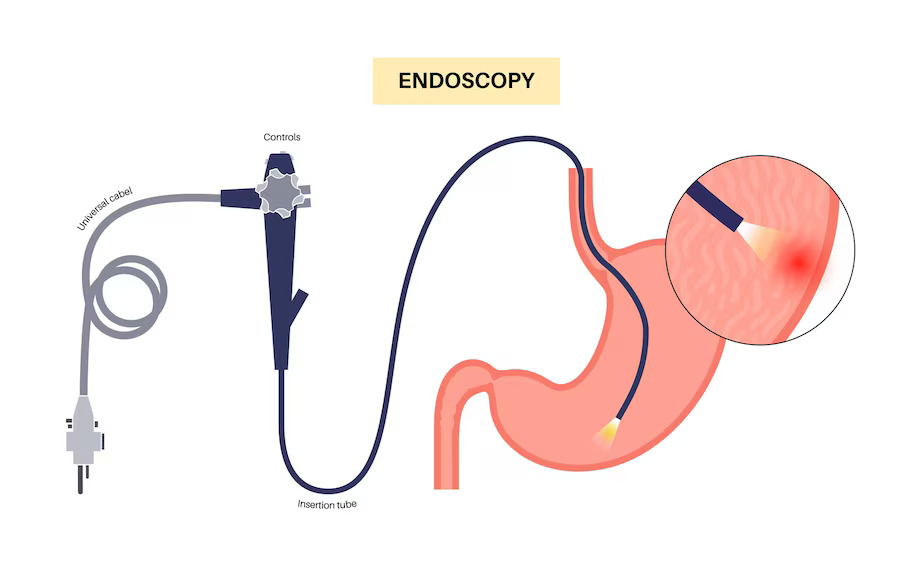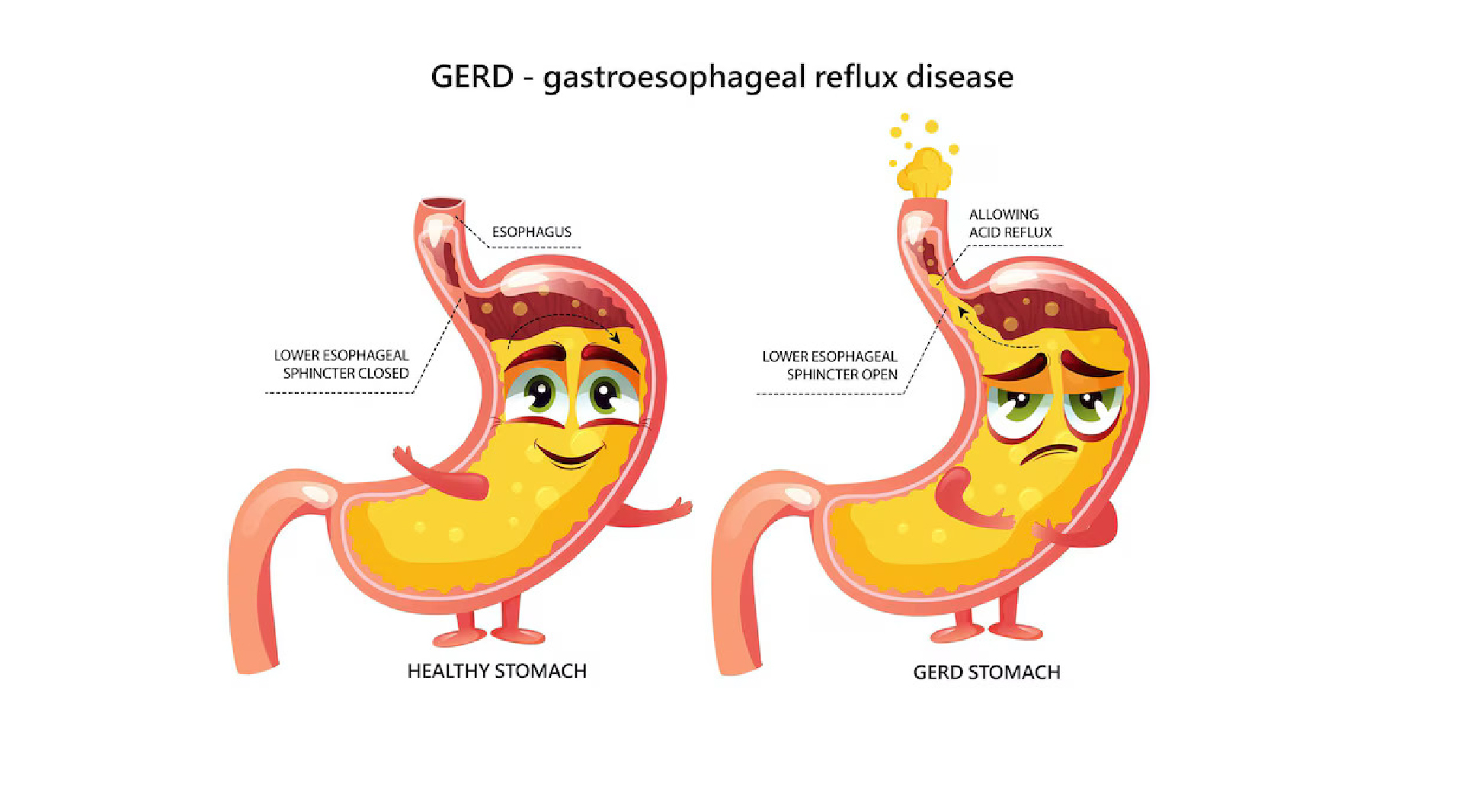Know about Whipple`s Surgery
Dr. Murali Appukuttan MS,
DNB, MCh, FACS, FAIS, FMAS, FALS, FBES, FRCS,
Senior Consultant Gastro Surgeon & HPB Surgeon
Whipple surgery is a complex and difficult surgery conducted for cancer of head of Pancreas, Duodenum, Cholangiocarcinoma, ampulla, non-cancerous disorders of Pancreas like Chronic Pancreatitis with head mass arising in the periampullary region. This procedure is also called pancreaticoduodenectomy. The goal of doing a Whipple procedure for cancer is to remove the cancer and prevent it from growing and spreading to other organs. Currently, the Whipple procedure is the major surgical treatment that can lead to long-term survival and cure for pancreatic cancer in the head region.
What is Whipple`s Procedure?
The Whipple`s surgery removes the head of the pancreas, the gallbladder, the duodenum, a portion of the stomach and surrounding lymph nodes and then reconnects the remaining pancreas and digestive organs.
Who is a good candidate for the Whipple procedure?
Whipple procedure is good for patients with cancer confined to the head of pancreas or the adjacent small area in the periampullary region including ampulla, duodenum, and patient in reasonably good health to anticipate a fully recovery.
Recovery after Whipple`s procedure?
Every person responds differently to surgery. Patients usually leave the hospital within 7 – 10 days. Person generally takes about 2 to 6 months to get back to a normal quality of life.
Does any further treatment required after the Whipple surgery?
The surgery is curative in patients with benign or low grade cancers of the pancreas. But, patients with pancreatic cancer must have chemotherapy and or radiotherapy after the surgery.
What can I eat after the surgery?
The Whipple procedure may cause digestive difficulties, like the amount of food you can eat at one time and how your body handles food. Though, there is no diet restriction following the surgery, the recommendations are:
- Eating smaller frequent meals throughout the day
- Eating more slowly to ensure proper digestion
- Chewing food very well
- Drinking plenty of hydrating fluids
- Avoiding foods and fluids that cause gas
- Add dietary protein in every meal
Dietitian led diet management is essential to avoid nutritional deficiencies that can occur after Whipple procedure.
Will I become diabetic after a Whipple surgery?
When pancreatic tissue is taken away the body releases less insulin and the risk of developing diabetes is present.
Potential complications from the Whipple surgery:
As with any surgery, there can be complications, which may include bleeding, infections, bleeding with clots, pneumonia, pancreatic fistula, mal-absorption, weight loss, changes in bowel habits.
Who should perform the Whipple procedure?
Patients for the Whipple procedure should choose a surgeon who has extensive experience with Whipple procedures. Patients should also select a hospital good enough to care for Whipple procedure patients post-operatively and any post-surgery complications.















